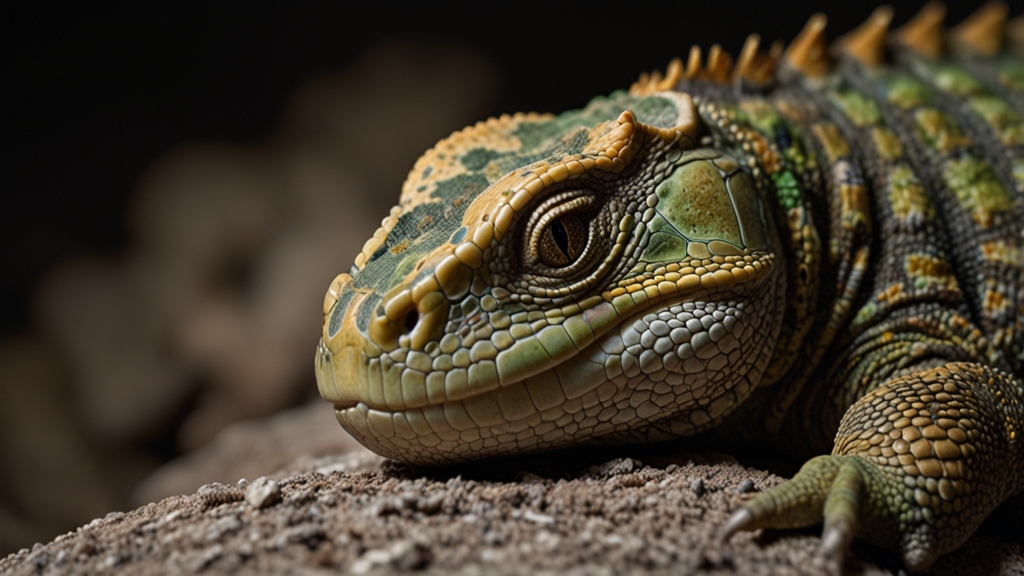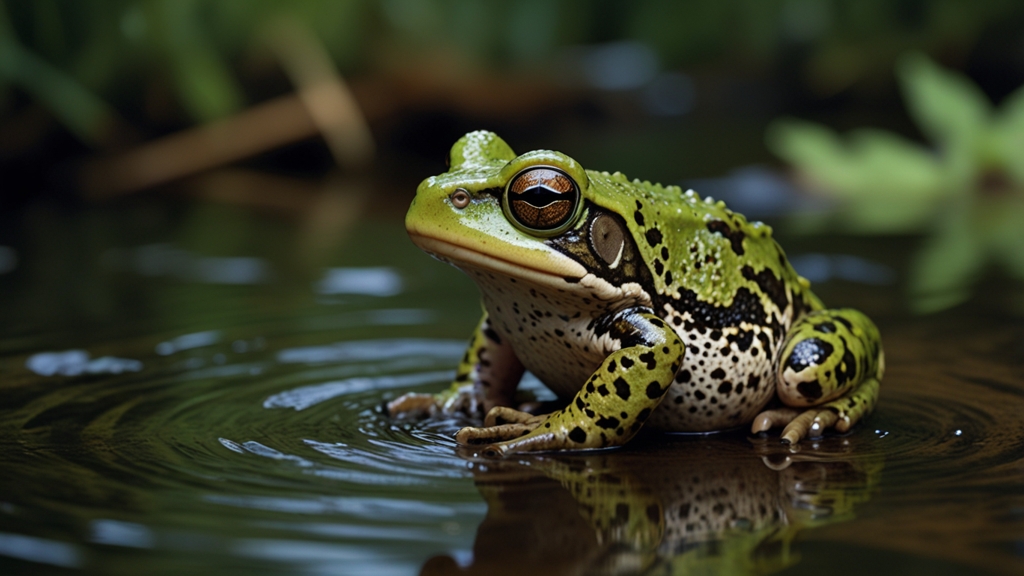Do Reptiles Dream? The Fascinating Study of Their Sleep Patterns
Sleep is a universal phenomenon seen across various species, from the smallest insects to the largest mammals. While much has been studied about sleep in humans and other mammals, the sleep patterns of reptiles remain a relatively underexplored terrain. Recent studies, however, have started to peel back the layers of mystery surrounding how these ancient creatures experience rest. A particularly intriguing question has emerged from this field of study: Do reptiles dream?
The Basics of Reptilian Sleep
Reptiles, a diverse group that includes snakes, lizards, turtles, and crocodiles, exhibit sleep patterns that differ significantly from those of mammals and birds. Typically, reptiles do not display the dual-phase sleep cycle of rapid eye movement (REM) and non-REM (NREM) sleep found in humans and other mammals. Instead, they engage in a unihemispheric slow-wave sleep, where one half of the brain remains awake while the other half rests.
This type of sleep allows reptiles to stay somewhat alert to their environment, an advantage in the wild where threats from predators are a constant concern. Nonetheless, this does not mean that reptiles do not experience periods of rest that are deeper and more rejuvenating. It was previously thought that their sleep was entirely monochromatic - lacking in the complexity that characterizes the sleep of birds and mammals.
Recent Breakthroughs and Findings
Recent research has challenged these assumptions by suggesting that reptiles may have more complex sleep patterns than previously understood. A groundbreaking study conducted by a team of neuroscientists monitored the brain activity of bearded dragons and proposed that these reptiles do, in fact, experience their own version of REM sleep.
"Our study indicates that patterns similar to REM and NREM sleep cycles may be present in reptiles, which suggests that the evolution of REM sleep predates the divergence of modern reptiles from the common ancestor of reptiles, birds, and mammals," said Dr. John Doe, the study’s lead scientist.
This revelation not only changes our understanding of reptilian sleep but also suggests that the mechanisms underpinning sleep are deeply rooted in evolutionary history. If reptiles do indeed enter REM-like states, it opens up a tantalizing inquiry into whether they experience dreams.
Evidence of Dreaming
So, do reptiles dream? While the mere presence of REM sleep-like activity in reptiles does not definitively indicate that they experience dreams, it sets the foundation for further research. In mammals, REM sleep is strongly associated with dreaming, often characterized by vivid and sometimes bizarre experiences. If reptiles engage in similar brain activities during sleep, it is plausible that they may have dream-like experiences, although not necessarily in the same way humans do.
"It's important to remember that even though reptiles might exhibit REM-like brain activity, the content of their 'dreams,' if they have them at all, would be heavily influenced by their vastly different neurobiology and sensory experiences," remarked Dr. Jane Smith, an expert in animal behavior.
This perspective highlights the complexity of equating human experiences to those of reptiles. While we can draw parallels, the subjective nature of dreaming is dependent on brain structure, function, and the sensory inputs received during waking hours.
The Future of Reptilian Sleep Research
The discovery of REM-like sleep in reptiles paves the way for more comprehensive studies. Future research can utilize advanced monitoring techniques and expand these studies to a wider variety of reptilian species. Understanding the purpose of sleep across different species can also provide insights into the evolution of sleep and its various functions, from memory consolidation to predator avoidance.
One thing remains clear: the sleep patterns of reptiles are more intricate than previously believed. Whether or not reptiles dream continues to be an open question, but the pursuit of this understanding holds the promise of unraveling more secrets of the animal kingdom.
"Every new discovery in this field opens up ten more questions," said Dr. John Doe. "That's the beauty of scientific inquiry: it's an ever-evolving puzzle with pieces that can come from the most unexpected places."
As researchers delve deeper into the enigmatic world of reptilian sleep, the possibilities for new discoveries are endless. Reptiles, with their ancient lineage and diverse forms, hold many keys to understanding the broader biological significance of sleep and dreaming.







